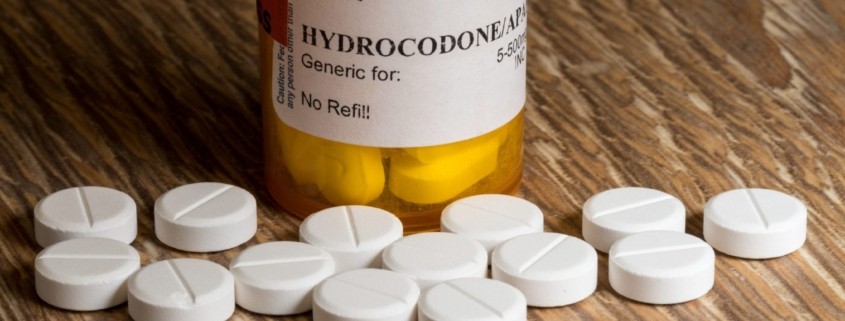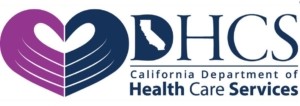Hydrocodone – About, Uses, and Abuse
Table of Contents
Hydrocodone is a prescription opioid that has been in use for nearly 100 years to treat pain. In recent years, this opioid has been implicated in thousands of drug overdose deaths in the U.S. Though hydrocodone may be prescribed for therapeutic reasons, anyone who uses this drug faces the risk of dependence, addiction, and overdose. People who become addicted to hydrocodone can safely withdraw from this drug with medical detox, and learn essential skills that help them achieve a healthier, drug-free lifestyle.
Here’s an overview of hydrocodone, how it works, and how a drug rehab program can help you or a loved one successfully fight opioid addiction.
What Is Hydrocodone, and What Is It Used for?
Hydrocodone is a painkiller commonly prescribed to treat chronic severe pain. This opioid is slightly stronger than morphine, as 20 mg of hydrocodone is equivalent to 30 mg of morphine. Hydrocodone is commonly combined with the pain relievers acetaminophen and ibuprofen, and sold under the brand names Vicodin, Norco, Lortab, and Lorcet.
Hydrocodone is available in the form of extended-release tablets and capsules for patients who need long-term pain relief for their conditions. The DEA reports that hydrocodone is currently the most frequently prescribed painkiller in the U.S. Prescribers dispensed an estimated 93.7 million and 83.6 million hydrocodone prescriptions in 2016 and 2017, respectively.
What Are the Effects of Hydrocodone?
Hydrocodone binds to opioid receptors in the brain and body to reduce the sensation of pain. Its effects include pain relief, euphoria, drowsiness, confusion, slowed respiration, and constipation.
When used in high amounts, hydrocodone may lead to an overdose and loss of consciousness. Many cases of hydrocodone overdose are unintentional and occur when people take higher doses in an effort to further decrease pain.
MedlinePlus reports that symptoms of hydrocodone overdose include:
- Nausea and vomiting
- Weakened pulse
- Coma, loss of consciousness
- Seizures
- Breathing that is slow, shallow, or that has stopped
- Bluish-colored lips and fingernails
Do You or a Loved One Need Treatment for Hydrocodone Addiction?
We can help you safely detox and get therapy at our accredited rehab facility with an experienced on-site clinical team that provides unique customized treatment programs for all types of drug and alcohol addictions around the clock.
Call to Speak with a Treatment Specialist Today
Information About Hydrocodone Abuse
Hydrocodone is commonly abused for its euphoric and sedative effects. Many who abuse this opioid combine it with alcohol.
Here are U.S. statistics on hydrocodone abuse:
- In 2018, painkillers like hydrocodone were involved in 14,975 overdose deaths, reports the National Institute on Drug Abuse (NIDA).
- In 2016, an estimated 2.9% of 12th grade high school students used Vicodin for non-medical reasons during the past year.
- In 2016, an estimated 11.5 million people aged 12 and older reported hydrocodone misuse during the past year.
- SAMHSA reports that the number of visits to emergency department rooms involving hydrocodone increased by 75% from 47,194 visits in 2005 to 82,480 visits in 2011.
Treatments for Hydrocodone Dependence and Addiction
Hydrocodone dependence and addiction can be safely and effectively treated using detox, counseling, and behavioral therapy at an inpatient residential rehab center like Dana Point Rehab Campus.
Medical detox treats physical symptoms of hydrocodone withdrawal such as muscle aches, bone pain, and drug cravings. Detox takes place in a safe, inpatient residential rehab center where patients are monitored, supervised, and cared for by nurses and doctors who relieve symptoms and reduce complications.
After detox, patients transition to a drug rehab program to receive drug education and a wide range of psychotherapy interventions that teach them how to manage triggers and achieve long-term abstinence from hydrocodone and other drugs. Patients who were using hydrocodone for pain relief may be educated on ways to relieve pain using other methods such as yoga, massage, mindfulness meditation, acupuncture, and physical therapy.
Dana Point Rehab Campus offers the best scientific-based treatment methods to help clients safely recover from opioid addiction. Contact us today at 949.569.7517 to learn more about our drug rehab programs that can be customized to help you experience a safe, long-term recovery from hydrocodone addiction.








